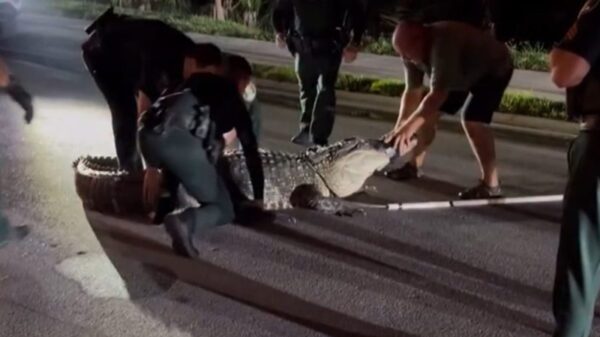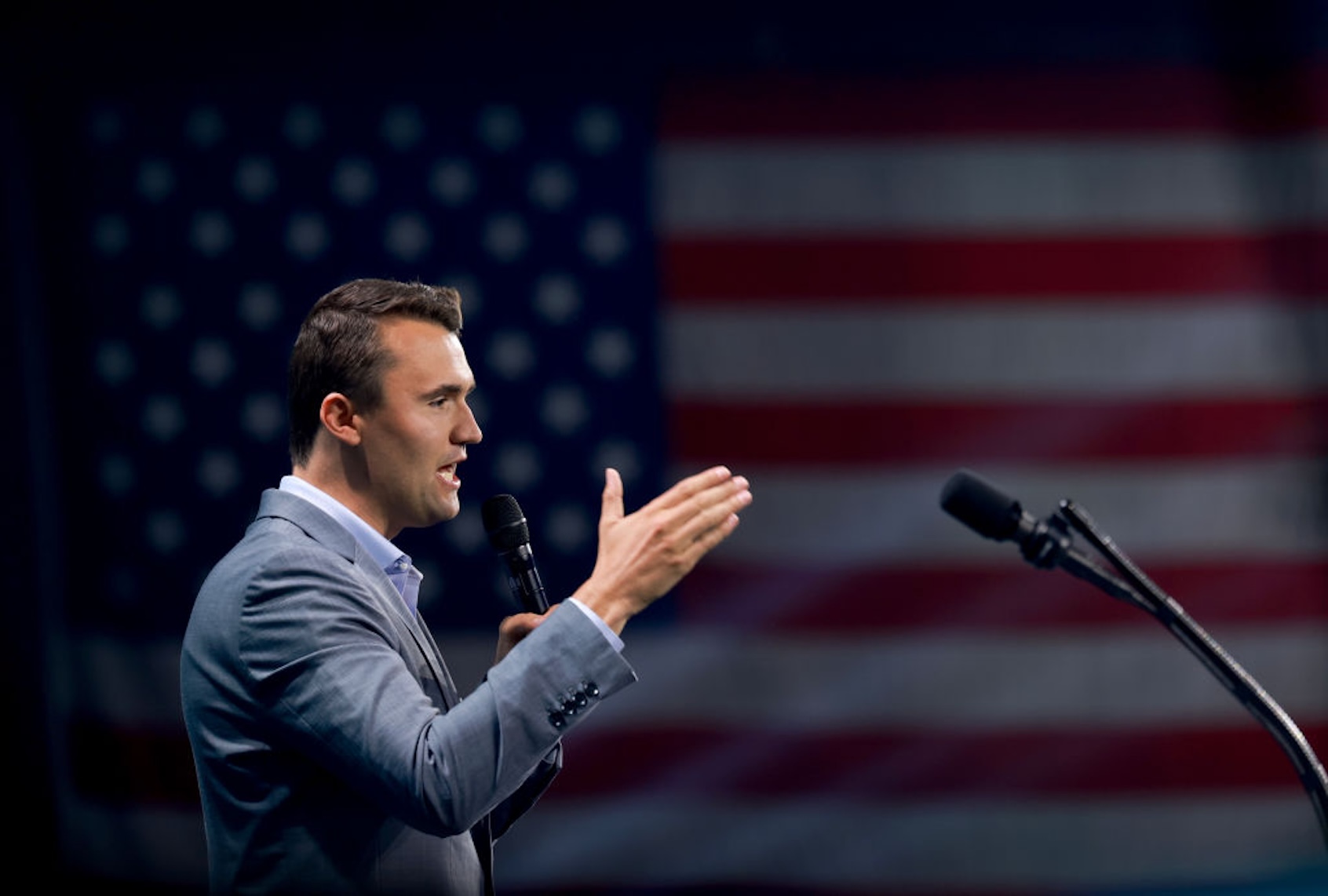The fatal shooting of conservative activist Charlie Kirk on September 10, 2025, at Utah Valley University has raised alarms about the escalating climate of political violence in the United States. Scholars and analysts are expressing concern that Kirk’s death could act as a catalyst for further violence, reflecting a troubling trend of increasing threats directed at public officials.
In an interview with The Conversation, Arie Perliger, a scholar at the University of Massachusetts Lowell who specializes in political violence and assassinations, discussed the implications of this incident. He noted that it is unusual for a political assassination to target someone outside of elected office. “Rarely have we seen political assassinations aimed at the nonprofit political landscape,” he stated, emphasizing that such individuals are often not considered significant enough targets.
Perliger highlighted a pattern that emerges in instances of political violence: “Political assassinations come in waves.” This phenomenon is not limited to the United States; it is observable in democracies worldwide. He expressed concern that Kirk’s assassination might legitimize political violence, encouraging individuals on the extreme political spectrum to retaliate. “This will not end here,” he warned.
The environment of political violence has intensified in recent years, with notable incidents including two assassination attempts against Donald Trump in 2024 and a firebombing of Josh Shapiro‘s residence in Pennsylvania. The landscape has further deteriorated with the murders of Minnesota state lawmaker Melissa Hortman and her husband, among other violent acts.
Perliger pointed to a significant increase in threats against both local and federal officeholders. “What’s different now is we see increased support for political violence from both sides of the political spectrum,” he explained. Research indicates that nearly a quarter of the public believes political violence can be justified under certain circumstances.
The scholar underscored the role of political polarization in the current climate, noting that it has eroded traditional political discourse and policymaking. “The bipartisan political process in Congress has been almost nonexistent in recent years,” he said. This lack of cooperation fosters an environment where opposing political views are seen as threats rather than as part of a healthy democratic discourse.
Kirk’s assassination occurring on a college campus raises further concerns. “Campuses are becoming more contentious spaces,” Perliger remarked. Historically, colleges served as intellectual hubs for debate, but recent trends indicate a shift towards hostility, leaving little room for constructive dialogue. This change is particularly disheartening for those who value higher education as a platform for political engagement.
Responding to the rhetoric surrounding Kirk’s death, Donald Trump attributed blame to the media and the “radical left,” suggesting that their language fosters violence. Perliger acknowledged that political leaders’ rhetoric can influence public behavior. Yet, he cautioned that the government sometimes sends mixed signals by legitimizing violence through certain actions and statements.
Reflecting on how nations can recover from waves of political violence, Perliger stressed the importance of collaboration among political leaders. He advocated for creating a political environment where cooperation can thrive, which, in turn, would signal to the public that constructive dialogue is possible. “There are many policy areas where politicians can work together,” he stated, emphasizing the need for a legitimate competition of ideas.
As a final note, Perliger mentioned his observations of extremist online communities celebrating Kirk’s assassination. He expressed concern over escalating rhetoric from both sides of the political spectrum, warning that calls for retaliation are growing louder. “Emotions are running very high,” he said, indicating that he fears further violence could emerge in the weeks following this tragic event.
The implications of Kirk’s assassination extend beyond his death and may foster a dangerous precedent in a politically charged environment. As the nation reflects on this somber event, the need for constructive political discourse and collaboration becomes ever more critical to prevent further violence.





































































